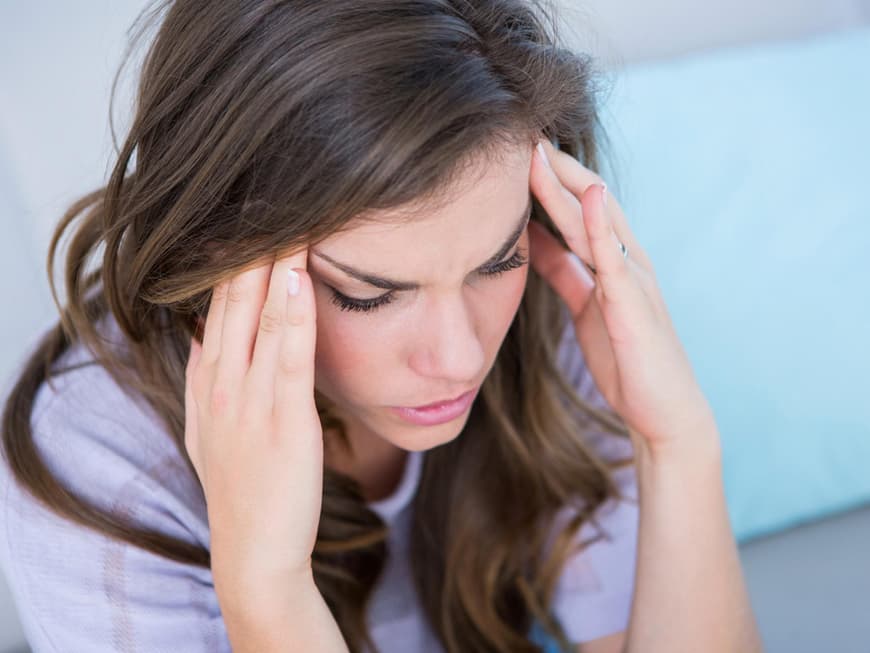
Treating headaches: should I always go to the doctor?
Unfortunately, you can't get used to pain. Headaches that are not treated cause even more pain. This means that sufferers become even more sensitive to pain, complications can arise in the form of sleep disorders, depression, irritability and ultimately personality changes due to chronic headaches. That's why I would always answer the question "Headaches: what helps?" as follows: "You shouldn't try to endure the pain, but seek help from a doctor in good time."
First point of contact
If you suffer from frequent or severe headaches, you should first go to your GP - he or she may refer you to a specialist who can then treat your individual form of headache. If the causes cannot be eliminated, the pain will persist. If it begins to be the focus of experience and behaviour and the question "Headache, what helps?" keeps coming up, a specialist pain therapist should be consulted as soon as possible in order to eliminate the causes of the pain and thus prevent it from becoming chronic.
Chronic pain
Chronic pain is when the pain has lost its warning function and lasts longer than six months or recurs repeatedly, as with migraines. It should then be left to a specialist to treat the headache.
Individual therapy
Painkillers must be used individually. The doctor also pays attention to so-called contra-indications in the patient. Tolerance also varies. What helps one person and is well tolerated may be of no use to another or even lead to side effects. Pain therapy must therefore be tailored to each patient.
Prescription medication
Patients with chronic headaches should know that medication is not prescribed as needed, but according to a fixed schedule set by the doctor in order to prevent headaches. In this way, the pain can be prevented before it arises. If those affected only take the preparations when the pain is already severe, this leads to reduced tolerance and there is also a risk of habituation.
Over-the-counter tablets
If you don't suffer from chronic pain, you can also take tablets to treat headaches with mild symptoms. Important: not more than ten days a month. Otherwise there is a risk of headaches due to overuse of medication.
News from research
On the trail of migraines
Headache researchers at the Kiel Pain Clinic led by Prof. Hartmut Göbel are analyzing the complex headache picture of Richard Wagner (1813-1883) for the first time, based on the latest scientific findings. The composer suffered from particularly severe attacks. His pain completely fulfills the current criteria of the International Headache Society for migraine. Interestingly, new studies have uncovered twelve risk genes for migraine, which can also cause an increased risk of heart attack. Richard Wagner suffered from severe circulatory disorders of the heart muscle. He died of a heart attack at the age of 70. This finding is of great importance for modern migraine therapy. With this knowledge, sufferers can be enabled to live longer.
Headaches, what helps: 4 proven home remedies
Peppermint oil
Essential mint oil (pharmacy) stimulates the skin's cold receptors and inhibits pain. Dab one drop on each temple. If the pain comes from the neck, put a little on it too.
Hibiscus flower tea
This infusion has an antispasmodic effect and is good for headaches. Brew 1/2 teaspoon of flowers (pharmacy, health food store) with a cup of water, leave to infuse for 10 minutes, strain.
Coffee with lemon
A double espresso can help with an acute headache. Extra tip: add the juice of a freshly squeezed lemon. This caffeine-vitamin C combination is also contained in many painkillers.
Cherries
These sweet little fruits contain pain-relieving colorants, known as anthocyanins, which help with headaches. 20 pieces are enough. Until the season starts, you can use dried cherries.






